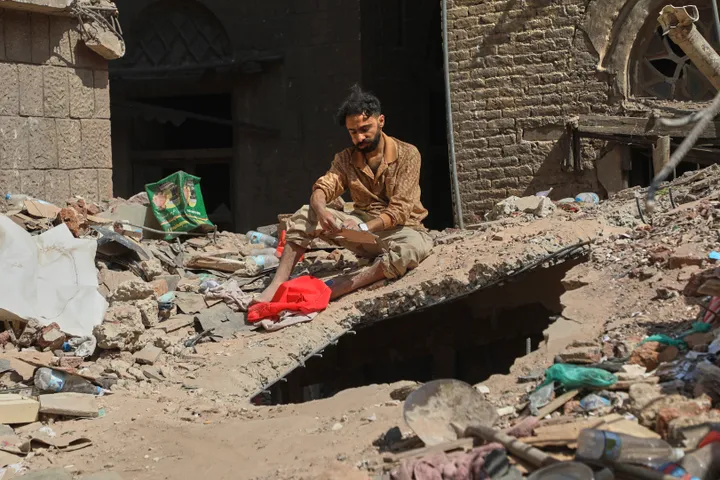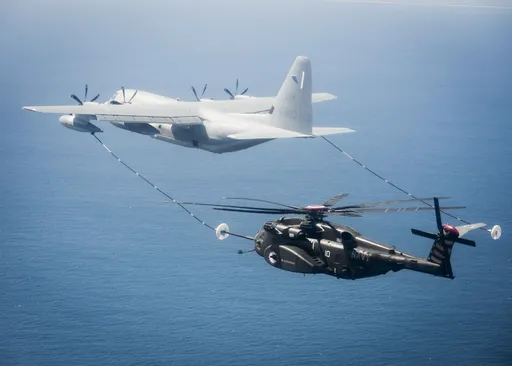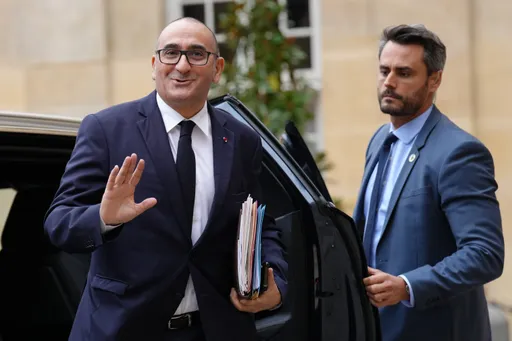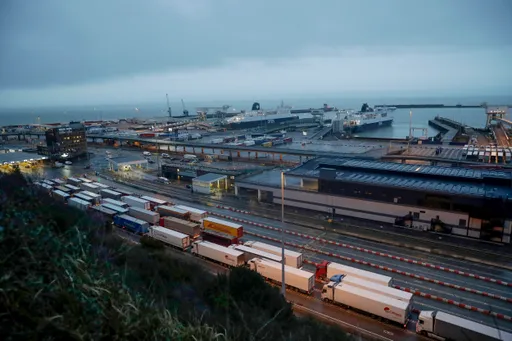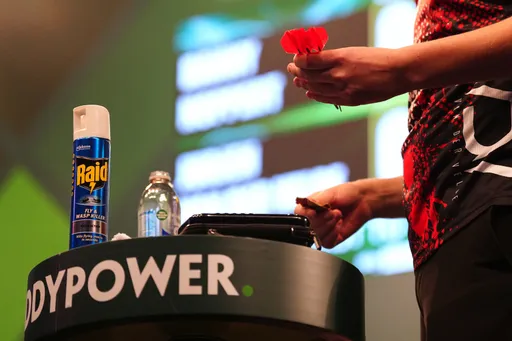At the very beginning of the Israeli assault on Gaza, Israel's hardline Prime Minister Benjamin Netanyahu and his military leaders had asserted that a military invasion of Gaza was the only way to crush the Palestinian resistance group Hamas in the Mediterranean enclave. They sounded confident of achieving their goal swiftly.
But despite a 47-day bombing campaign — which many have equated with America's atomic bombing of Hiroshima and Nagasaki in Japan during WWII — and a ground invasion by tens of thousands of soldiers, the Israeli army has neither claimed victory over Hamas nor appears to have taken control of Gaza or freed any of the hostages.
Faced with US and Western pressure and amid mounting pro-Palestinian protests across the globe, Israel has been forced to accept a four-day ceasefire with Hamas, which both Tel Aviv and Western capitals see as a terrorist group.
The pause in the war, starting Friday, is expected to secure the release of some Hamas hostages in exchange for freeing Palestinian prisoners in the West Bank.
But a bigger question remains. What will happen after the truce deal expires?
It largely depends on the pressure from the Biden administration, which might try to halt the military conflict to prevent its sphere of influence decreasing further across the wider Middle East, and the Israeli public, which aims to see hostages returned to their families without harm, according to Sami al Arian, a Palestinian-American professor.
As a result, Washington will try “to restrain” the Netanyahu government not to resume its indiscriminate bombing campaign against Gaza after the truce, says the professor.
"[But] I think Israel will resume (its assault) and try to bring the resistance to its knees. They are trying to defeat them (Hamas). (But) I think they can not do that. All they would achieve is killing more Palestinians (civilians)," the professor tells TRT World.
Israel's indiscriminate bombing of the enclave has killed nearly 15,000 people, most of them children and women.
The second objective of Israeli assault will be turning Gaza into an unlivable area to force Palestinians to leave their lands, he says. "Emptying Palestine from its people is the dream of Israelis so that they can take over it for themselves," adds Arian, also the director of the Center for Islam and Global Affairs (CIGA) at Istanbul Zaim University.
A second Nakba, or mass displacement like the one in 1948 – which was what Israel aimed to realise —has not materialised because Arab and other regional states have refused to receive Palestinians, seeing it as treason to the Palestinian cause, says Abdullah Agar, a Turkish military analyst.
"No regional power wants to be part of a plan of emptying Palestine of Palestinians," Agar tells TRT World.
Even if Israel escalates the war after the truce, there will be "fierce fighting and their losses get bigger and larger every day," he says. As a result, they would eventually have to leave Gaza, he adds.
"Israel has already been defeated and I think it's a strategic defeat on the scale where Israel would find it very difficult to bring back the image of its invincible army or undefeated superior intelligence services. All that has shattered. That by itself is a huge boost in the fight for the liberation of Palestine."
Change in war strategy?
While the Netanyahu government has pledged to continue its war on Gaza, Agar anticipates a change in the nature of the fighting after the four-day ceasefire because of difficulties in urban warfare, which has led to enormous Israeli casualties in the face of Hamas's fierce resistance.
According to Hamas, they have destroyed more than 200 Israeli tanks, says Agar. If this figure is correct, Hamas destroyed two-thirds of an armoured division. Israel is believed to have entered Gaza with four divisions and this means Hamas has already crippled five tank battalions, says Agar.
"This amounts to a major military impact in every respect. While Israel has inflicted a terrible civilian toll in Gaza, it's not clear how much Hamas is affected by all this destruction."
Israeli casualties might also cause friction in the army on the wisdom of the military strategy and also lead to divergences between military and political establishments on the direction of the Gaza war, says the military analyst. Also, big anti-Israeli demonstrations across the globe might escalate tensions between the opposing factions in Tel Aviv, he adds.
All this infighting – aggravated by the Israeli public's anxieties on the prospects of hostage lives - might increase the trust deficit between the Netanyahu government and the people, forcing Tel Aviv towards another ceasefire, according to Agar.
This fragile Israeli political psychology will most probably be much more evident after the four-day truce under increasing international pressure, forcing the Netanyahu government "to change and soften his fighting method," says Agar.
"As a result, in need of a paradigm change, Israel may have to turn to special operations," he says, referring to potential covert operations to eliminate high-value targets instead of direct military force, which leads to unproportionate civilian deaths and huge destruction across Gaza, creating much anger toward Tel Aviv’s conduct.
Other experts are also sceptical of the Netanyahu government's pledge to continue its Gaza military engagement after the ceasefire. "When you stop a war, it's difficult to revive the momentum," Yaakov Peri, a former head of the Shin Bet, Israel's internal intelligence agency, told the New York Times.
Like Peri, some Western analysts also expect that the four-day day ceasefire will potentially bring the extension of a longer period of relative peace between Hamas and Israel.
This possibility has been signalled by the course of Israeli ground operation, which has been implemented in parallel to negotiations between Hamas and Tel Aviv mediated by Qatar, according to US officials.
Both sides are on edge
But Agar also sees a possibility of Israel's attack on southern Gaza following the truce. "Israel can also use this break to attack the south of Gaza. It can create a two km buffer zone in Gaza and use this area to monitor the region from the inside," he says.
If this kind of escalation happens, Israelis might also aim to establish a puppet government there, he says. According to the analyst, some signs emerging from the Netanyahu government statements signal such a security plan.
“Israel will have to continue its fight with Hamas in the south of Gaza. But it’s going to be extremely complicated because the vast majority of the Palestinian population is there now,” says Omri Brinner, an Israeli researcher and lecturer at International Team for the Study of Security (ITSS), an Italian think-tank based in Verona.
The Israeli analyst expects the next stage after the ceasefire “to be prolonged and messy.” Israel can “barely use air power in the south of Gaza”, he tells TRT World, as most of the Israeli hostages will also be in the south of the enclave.
The analyst thinks it will be extremely difficult to root out Hamas and eliminate its military capabilities from the south of Gaza. "The international community will pressure Israel not to renew the fighting after the truce ends," he adds.
Agar, on the other hand, feels that both sides will use the brief cessation of hostilities to regroup for the next phase of the war.
"The parties will use this period to repair and regain their diminished capabilities because there is damage on both sides. They will straighten their lines and unify their positions. Everyone will take their wounded and bury their dead," he adds.
For Hamas, the ceasefire will also be a crucial period to regroup the fighters as well as Palestinian civilians for a potential new conflict, says Agar. He says the resistance group will try to repair its damaged tunnels, conducting reconnaissance and surveillance and gathering intelligence.
"They will deliberate the next stage of the war, and perhaps the leadership team, that has not been able to come together, will come together. They will try to take new decisions on what they will do next."


